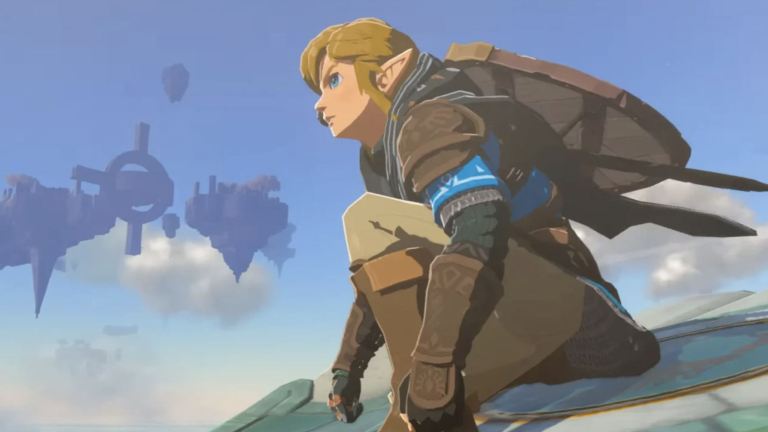Tears of the Kingdom Update Sparks Debate Over Removing “Helpful” Glitches
Tears of the Kingdom's duplication glitches have been removed from the game, but some fans think that Nintendo should just let them be.

Nintendo recently released update 1.1.2 for Tears of the Kingdom (the game’s second major post-launch update). While the update’s patch notes are traditionally sparse, players are discovering that the update seems to have removed the most useful glitches in the game.
As we previously discussed, Tears of the Kingdom launched with several glitches that allowed you to duplicate items. While those glitches were quite finicky, they did the job. In a game that makes acquiring certain resources quite difficult, duplicating items often expedited certain processes.
Because the patch notes don’t specifically mention those glitches being removed, we don’t yet know the extent of this update in regards to your current item duplication options. However, it seems that the recently discovered shield surfing glitch has been removed along with some of the most notable early duplication glitches players found. New ones may eventually take their place, but no reliable new duplication glitches have been discovered as of the time of this writing.
In case you’re wondering, you can simply choose to not update your copy of Tears of the Kingdom and retain access to all of these glitches (and more). However, these updates do tend to target more substantial issues than duplication glitches. Unless you’re planning on just never updating the game again, denying updates is a short-term solution, at best. Besides, there’s almost no chance players won’t discover more duplication glitches. In case you haven’t noticed, the Tears of the Kingdom community is rather active and quite creative.
Of course, those future glitches will likely be patched out again. That inevitability begs the question: “Should Nintendo even bother to remove these glitches?”
It’s an interesting debate. From a sheer technical perspective, it’s possible that these glitches are extensions of other problems in the game. Fixing those problems means fixing the glitches. Even if that’s not the case…well, they are glitches. It’s not unheard of for a company to ignore certain glitches that aren’t necessarily impacting the experience in an overtly negative way, but most studios tend to target problems of every variety when they appear. Doing so is generally considered to be a good policy.
For the moment, though, let’s assume the mechanics that caused those glitches weren’t causing problems elsewhere. If that is the case, does it really matter if they’re in the game? Tears of the Kingdom is not an online or multiplayer title. One player duplicating items has no real impact on how someone else plays the game. There is the possibility that someone could accidentally stumble upon one of these glitches and cause something unintended to occur, but the results likely wouldn’t negatively impact them in any significant way. Besides, these glitches aren’t exactly easy to organically stumble upon. They require almost cheat code like input timing and often
Besides, these glitches can enhance the creative side of the game. I love the ways Tears of the Kingdom balances survival and creative freedom, but there were certainly times when I found myself wanting to ignore the former element and enjoy the latter. Duplicating certain items sometimes felt closer to turning on a kind of creative mode rather than something that was completely ruining the experience. I can see the argument that utilizing such glitches compromises the spirit of the game, though I suppose that brings us back to the idea that those who utilize these glitches are willingly impacting their own experience. Tears is a game that encourages you to do nearly everything your own way, and some clearly decided that their way involved using such glitches.
At the moment, players seem split on this decision. Hardcore duplication glitch users are obviously upset, but some simply sympathize with the idea that these glitches are relatively harmless. Others argue that these glitches were clearly never intended to be in the game and that Nintendo deciding to ignore them would then require them to justify any future glitches that they remove or don’t remove.
What do you think? Would Nintendo be setting a bad precedent by not addressing such glitches, or should more developers let more of these things slide in single-player games? Let us know in the comments below.
